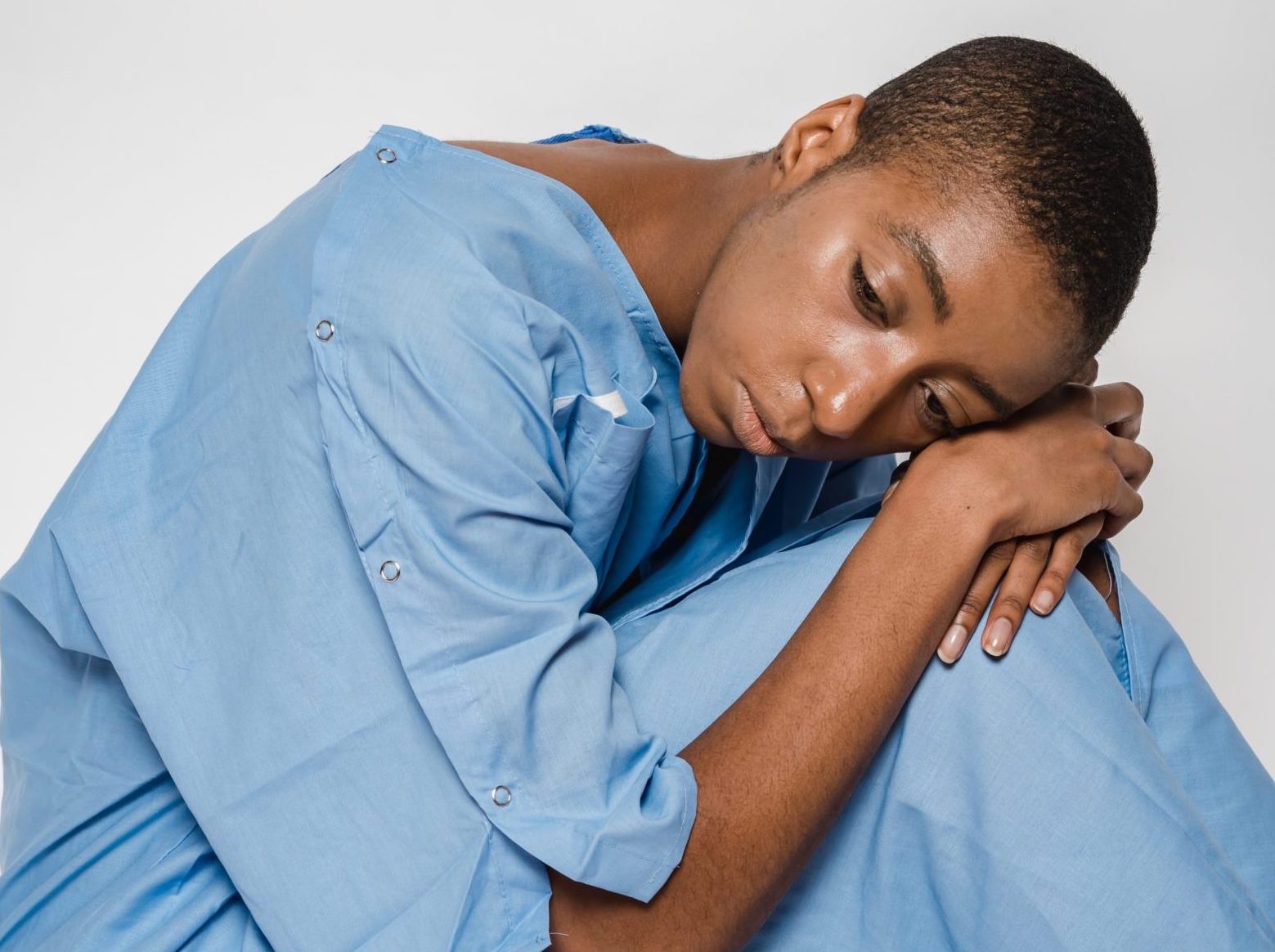July is National Minority Mental Health Awareness Month. The purpose is to bring awareness to the unique struggles that racial and ethnic minority communities face regarding mental illness in the U.S,. The Black experience in the United States is characterized by trauma and violence more often than for their white counterparts. It impacts the emotional and mental health of both youth and adults.
Historical dehumanization, oppression and violence against Black people has evolved into present-day racism – structural, institutional, and individual. Processing and dealing with layers of individual trauma on top of new mass traumas from COVID-19 (uncertainty, isolation, grief from financial or human losses), police brutality and divisive political rhetoric adds compounding layers of complexity for individuals to responsibly manage.
It’s important that we not only bring awareness but also play our part by breaking negative beliefs related to stigma and coping behaviors.
Mental And Behavioral Health In African Americans
According to the U.S. Department of Health & Human Services, in 2019, suicide was the second leading cause of death for blacks or African Americans, ages 15 to 24. The death rate from suicide for black or African American men was four times greater than for African American women, in 2018. Black females, grades 9-12, were 60 percent more likely to attempt suicide in 2019, as compared to non-Hispanic white females of the same age. Poverty level affects mental health status. Black or African Americans living below the poverty level, as compared to those over twice the poverty level, are twice as likely to report serious psychological distress. Sadly the numbers don’t lie and a change must occur.
View this post on Instagram
Ways To Include Self Care This Month
- Canceling Plans
- Setting Boundaries
- Working Out
- Putting Your Phone On DND
- Journaling
- Mediating
- Taking Yourself On A Date
- Vacationing
How have you been practicing self-care this month and what other practices are you going to incorporate? Don’t be afraid to do what makes you happy and now that the 988 Suicide & Crisis Lifeline is up and running take full advantage of it! It’s a a 24/7/365, confidential crisis line for anyone in suicidal crisis or emotional distress.
You do not have to be suicidal to reach out. Their trained crisis counselors can help you through whatever mental health challenges you are experiencing.
View this post on Instagram
Resources
Centers for Disease Control and Prevention (CDC) COVID-19 Resource: Coping with Stress
Abuse, trauma, and mental health | Office on Women’s Health (womenshealth.gov)
Violence Related Trauma Resources – HHS Office of Minority Health (OMH)
LGBTQ+ Communities and Mental Health | Mental Health America (mhanational.org)
View this post on Instagram
